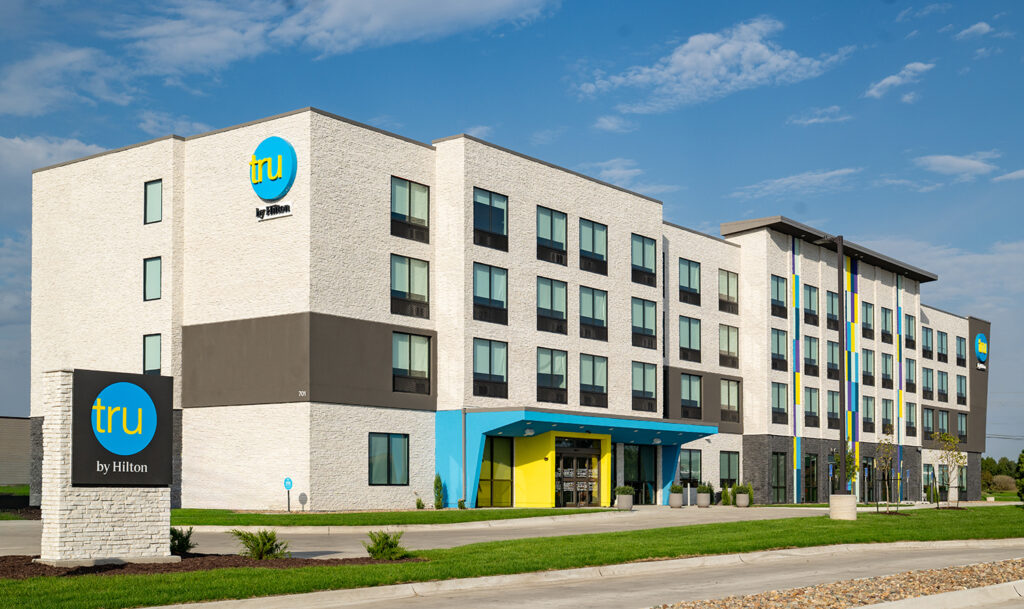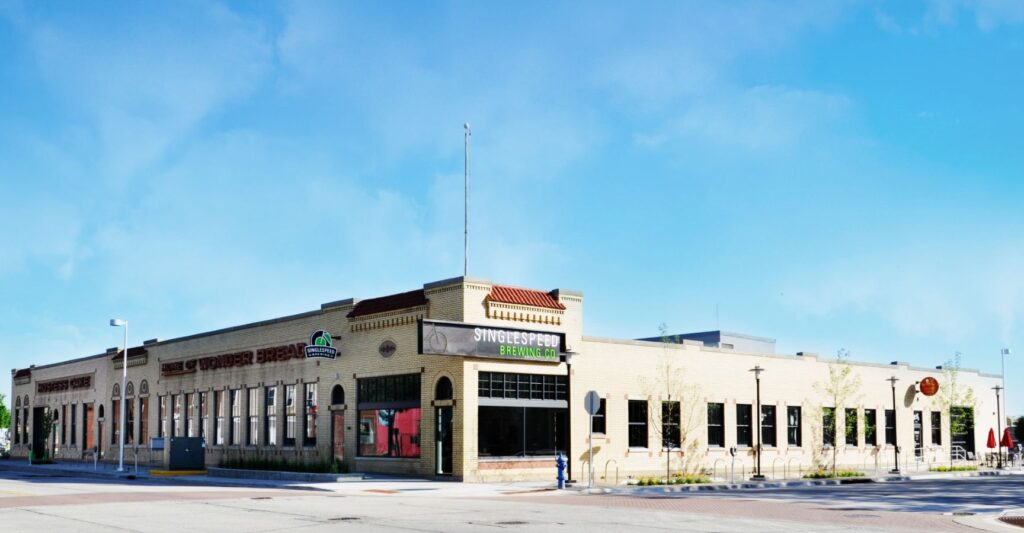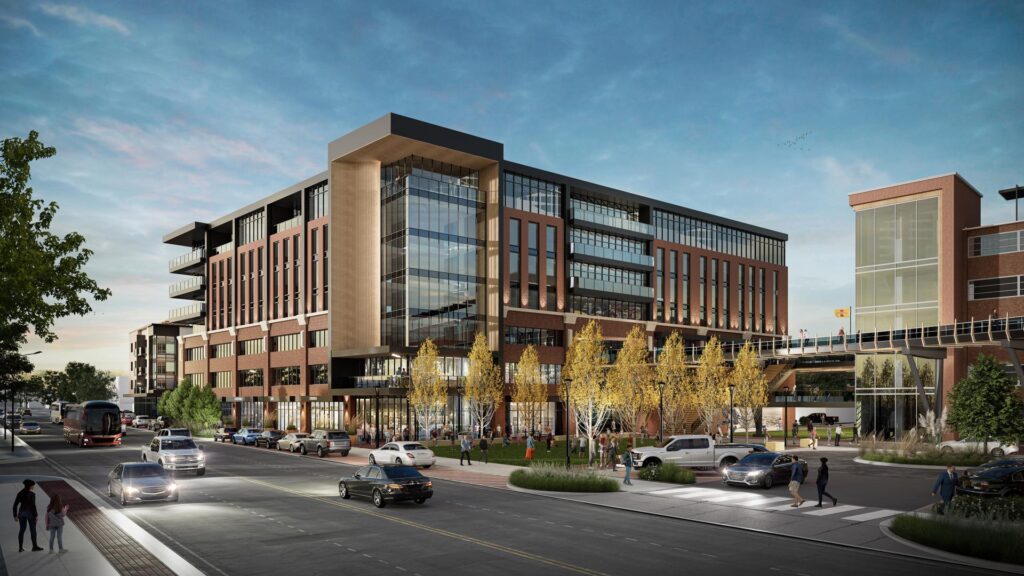State working to expand Shovel Ready program

About five years ago, some members of the Iowa City Area Development (ICAD) Group’s board asked the organization’s staff to list the top four issues affecting the Iowa City area.
Land use was one of the issues that rose to the top in that discussion, said Joe Raso, the development group’s president and CEO. “Do we have enough available land and buildings to keep us competitive?”
Raso discovered that there were no programs available in Iowa to help commercial property owners expedite the development of their land, so the group decided to create its own. They hired a Cleveland-based site-selection consulting group, Austin Consulting, to assist them in developing a program.
From that effort in 2009, the ICAD Group pioneered the Shovel Ready Iowa program, an initiative that the Iowa Economic Development Authority is now seeking to expand from a regional to a statewide effort.
According to an executive summary of the program at www.shovelreadyiowa.com, its purpose is to provide consistent standards regarding the availability and development potential of commercial and industrial sites. To become a certified site means that a third-party site selection or engineering firm has deemed the site as having the attributes or conditions that meet the demands of current and future commercial development opportunities.
Raso said the pilot program was designed with participation from economic development groups from across the state as well as the state’s economic development department. “It wasn’t built with just serving the Iowa City market in mind,” he said. “We wanted a program that could serve the whole state.”
Two certified, more on the way
To date, the ICAD Group has two certified sites available, and a third is under development. The first two sites are a small industrial park in Tipton, located in Cedar County, and the University of Iowa Research Park. This month, the group hopes to announce its third certified site, the Wind Energy Supply Chain Campus, which is located on Iowa City’s southeast side.
The Iowa Economic Development Authority will soon seek bids for contracts with two site-development consulting groups, one for large sites and another for “mega-sites,” said Tina Hoffman, a spokeswoman for the authority. The consultants will work with the state to develop a list of certification characteristics by June 1, she said.
McCallum Sweeney Consulting, a site selection firm based in Greenville, S.C., is vying to be the contractor to provide mega-site advice to Iowa. The firm has worked with several states, among them South Carolina, Tennessee, Mississippi and Kentucky. In the past three years, it has helped bring a Volkswagen plant to Chattanooga, Tenn., a Toyota plant to Tupelo, Miss., and a Paccar Inc. engine manufacturing plant to Columbus, Miss.
“We are first and foremost a site selection firm that works with companies,” said Ed McCallum, one of the firm’s principals, said. “We got into this because we were approached, and continue to be approached, by states. We turn down more states than we work with. Because we are site selectors, that’s why our process works so well; we’re looking at it from a market perspective.”
Lessons learned
Raso said one of the lessons learned from building the program is validation that it takes considerable time to get sites truly “shovel-ready.”
“If you have a prospect that wants to get up and running in eight or nine months, it takes that long to get all the paperwork in place,” he said. “To some extent, doing this project has proven why we need it.”
The Iowa Economic Development Authority has allocated $75,000 that local economic development organizations can draw from to assist them as they begin using this program, Hoffman said.
State funding to assist with both infrastructure investment and due diligence of companies will be essential, said Raso, who estimates his organization still loses up to 10 projects a year because it’s not prepared to respond.
“Public organizations so far have made investments in our program,” he said. “But I think long-term, if we don’t have the state partnering with the local governments and the utilities, we’re probably not going to get all the assets in place to be able to attract new interstate commerce.”










